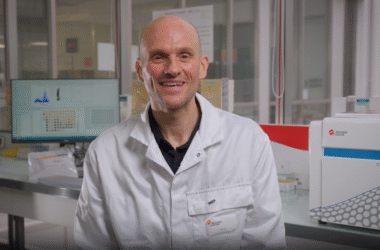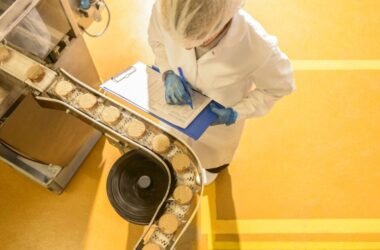The cutting-edge SuperAA platform turns the potato plant into a micro-biofactory that manufactures the target amino acids in the plant and stores them in the tuber
PoLoPo, a molecular farming pioneer, announced its SuperAA platform, the first step to producing proteins in common plant crops. The platform is currently deployed in potatoes at a greenhouse scale to generate both a native protein (patatin) as well an egg protein (ovalbumin) through proprietary metabolic engineering techniques.
The cutting-edge SuperAA platform turns the potato plant into a micro-biofactory that manufactures the target amino acids in the plant and stores them in the tuber. Tubers will be harvested when they reach sufficient size, and their proteins are extracted and dried into powder. The resulting powders will seamlessly integrate into current food processing lines and formulations.
PoLoPo has started with potatoes for their resilience in diverse climates, low growth costs, short maturation time, relatively large storage capacity in the form of tubers, high yield per land use, and compatibility with existing harvesting and processing technology. Strategically for PoLoPo’s commercial plans, the potato offers efficiency, sustainability and attractive economic opportunity for established agricultural and industrial food producers, giving PoLoPo a robust and cost-effective path to scale its molecular farming system.
“The SuperAA platform uses plants as living factories, and leverages their natural productivity and storage organs to grow proteins that are identical to protein derived from a chicken’s egg,” said PoLoPo CEO Maya Sapir-Mir, PhD. “The high-scale production of proteins in plants via molecular farming has the potential to economically transform not only potato farming and processing but broader agriculture and agtech, for a more resilient and sustainable food system.”









